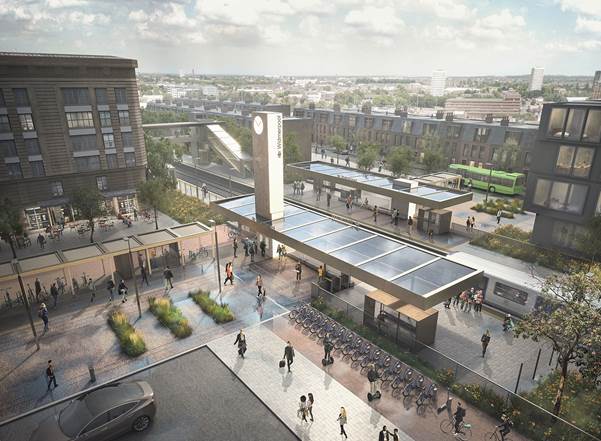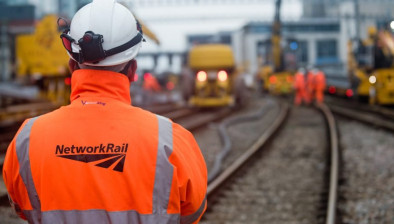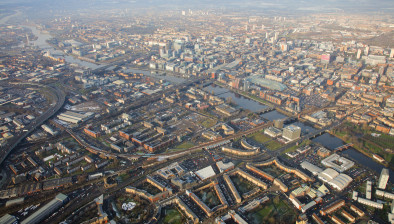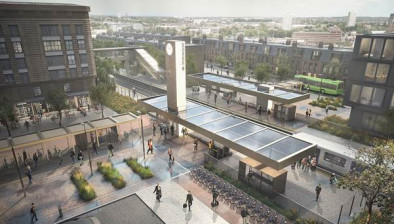7N Architects wins competition to shape Britain’s future railways
Network Rail and the Royal Institute of British Architects (RIBA) have today announced Edinburgh-based architectural practice 7N Architects as the winner of their railway station design competition.

The winning station design (Image credit: 7N Architects)
The contest sought architects, engineers and designers from across the world to reimagine how small to medium-sized stations can improve the travel experience of the millions of passengers who use Britain’s railway. The competition attracted more than 200 entries from designers based in 34 different countries.
A five-strong shortlist was drawn up in November which also included:
- ATKINS, London with PRD Ltd
- Miguel Angel Carrasco Arquitetura, Rio de Janeiro
- Pascall+Watson, London
- WORKSHOP Architecture, Toronto
7N’s winning entry considers the needs of both passengers and their local communities. The station frontage includes an eye-catching clock tower, which serves a strong civic purpose as a local landmark and a natural meeting place for social activities. Beyond the station entrance, sweeping platform canopies - elegant and refined in feature - provide shelter for passengers. The modular station design can be integrated into a variety of locations that complement the local landscape.
Panel members thought the winning concept had been cleverly pared back to create an open and flexible system which, with minimum component parts, would transform people’s experience of the station whilst aligning with Network Rail’s aspirations to be carbon neutral by 2050. The design cleverly incorporates the capacity to generate renewable energy to provide most of the stations’ power by using translucent photovoltaic panels which provide shelter from rain and dappled shade.
Commenting on the announcement, Anthony Dewar, head of buildings and architecture at Network Rail, said: “This competition offered a unique opportunity to reimagine what a railway station can be in the 21st century, creating an environment that better serves the passengers and communities who rely on the British railway network and leave a lasting legacy on station design. I would like to congratulate 7N Architects on their winning entry and I look forward to seeing how they will bring their design to life.”
Lucy Musgrave OBE, founding director of Publica and member of the judging panel, said: “This competition has clearly set out the importance of holistic and integral design quality when it comes to creating successful infrastructure. Network Rail’s leadership has encouraged all involved to consider how society is changing and how we can address the climate emergency and the evolving civic role of our infrastructure.
“7N’s winning proposal showed a confident expression and understanding of the opportunity to celebrate our local identities, the specificity and integration with our urban and rural landscapes, and the strength of our national identity through our railway infrastructure. We wish 7N well in this next phase and look forward to seeing the work develop.”
Alan Jones, RIBA President, said: “This is a highly innovative, compelling and forward-thinking solution that will have a hugely positive impact on future station design. Congratulations to 7N Architects – I’m excited to see the scheme develop.”
Chris Heaton-Harris, rail minister, added: “7N Architects’ innovative concept puts passengers right at the heart of its design, from the sweeping canopies providing shelter from the elements and generating power, to the station’s frontage serving as a local landmark.
“Harnessing creative and forward-thinking ideas in competitions like this will be a game-changer when it comes to designing stations of the future that deliver a first class experience for all passengers. I look forward to seeing this become a reality.”
7N Architects will now work closely with Network Rail project representatives to develop their design into a formal proposal that addresses a prescribed set of technical requirements, including consideration of construction methodology.




















